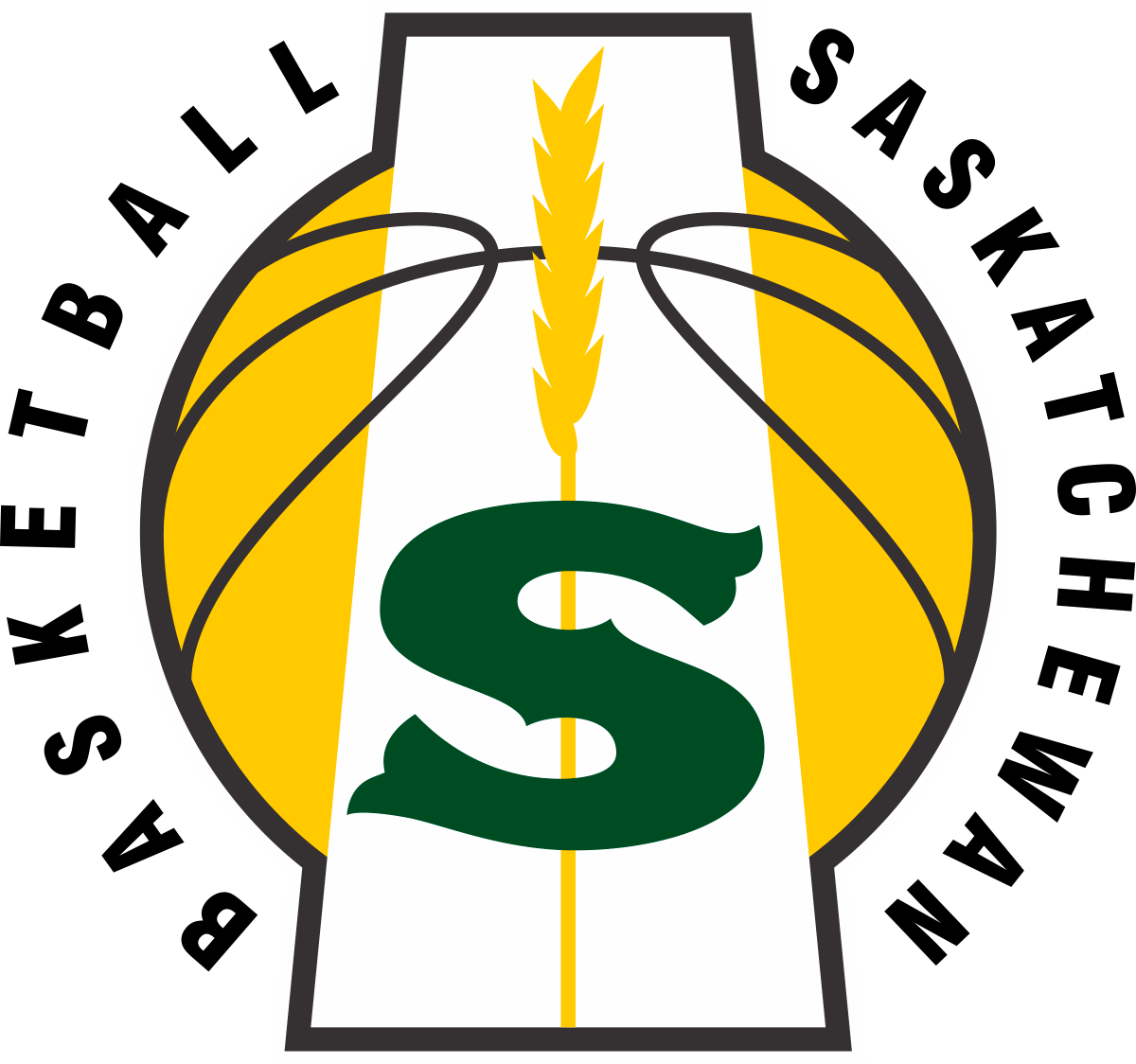Photo Couresy of:
FIBA referee instructor Crowley: When the ball is dead, be alive
OTTAWA (Canada) - If there's one area of a basketball game that referees need to master to have a successful career, it's what an expert in the profession, former FIBA referee Nadine Crowley, calls "dead ball officiating." This is a time when a game can get out of control.
"When there is a stoppage in play," says Crowley, now a FIBA referees instructor, "what I have found in my reffing experience, that's when things go wrong.
"People often just focus on when the clock is running and what is happening then, when we're running up and down the floor. To me, that's the easiest part of the game.
"The hardest part of the game is when we blow the whistle and everyone stops and is looking at you. What do we do next?"
Crowley chose "dead ball officiating" as the subject of a webinar that she and FIBA referee Maripier Malo of Canada hosted for FIBA's elite program referees in February this year.
FIBA have used webinars as a way to keep referees sharp and help them continue to learn and develop.
The dead ball officiating webinar was well received.
"As a FIBA referee instructor, I spend a lot of time talking about what happens in the dead ball," Crowley says. "For example, there's a hard foul, somebody goes to the ground, the referee makes the call, walks to the table.
"But while that's happening, the guy that was fouled pushes the guy that fouled him. And so, that to me can make or break your game.
"If you can control dead ball periods better than the live ball periods, your game will run smoothly. So I thought, why not talk about it? And I've had things in my career that have taught me that I need to talk about dead ball.
"I've even had a mascot at a college game try to sabotage a game."
Crowley, whose father was a referee, officiated many big games in her career. Among the most significant was Russia's upset of the USA in the Semi-Finals of the FIBA Women's Basketball World Cup 2006 in Brazil, a tournament that Australia ultimately won. Crowley has had a career off the court, too, one that also calls on her skills of mediation.
She obtained a university degree in social work and then got a Masters in counseling. Crowley has a private practice in Ottawa, Ontario, and has worked in counseling for 30 years. Her focus is on separation and divorce, and the impact it has on children. She has also specialized in child protection issues.
It's intense work, and that has been especially true for the past year because of the coronavirus pandemic as people have been locked down and working from home. Husbands and wives, partners and children have spent much more time together in confined areas.
While the counseling gets a lot of Crowley's attention, basketball continues to do so as well.
She will soon be taking part in another important event - Women in Basketball Month in Canada, starting on International Women's Day, March 8.
Canada Basketball wants to provide affordable opportunities for women in basketball to participate and learn from others from across the country.
There will be panel discussions, plenty of storytelling and targeted presentations. An entire week will be devoted to the topic "Ref our game". Other themes are "Grow Our Game," "Coach our Game" and "Play Our Game."
"I don't think it would have the power and the clout if the leaders from FIBA and Canada Basketball were not participating," Crowley says. "It's top down, so those voices need to be heard, it's ‘We're coming into this and you need to jump onboard.'
"I'm really happy that FIBA has opened up the March 8 webinar to everybody, the first 500 people, because without education, there is no change."











.png)


.png)




